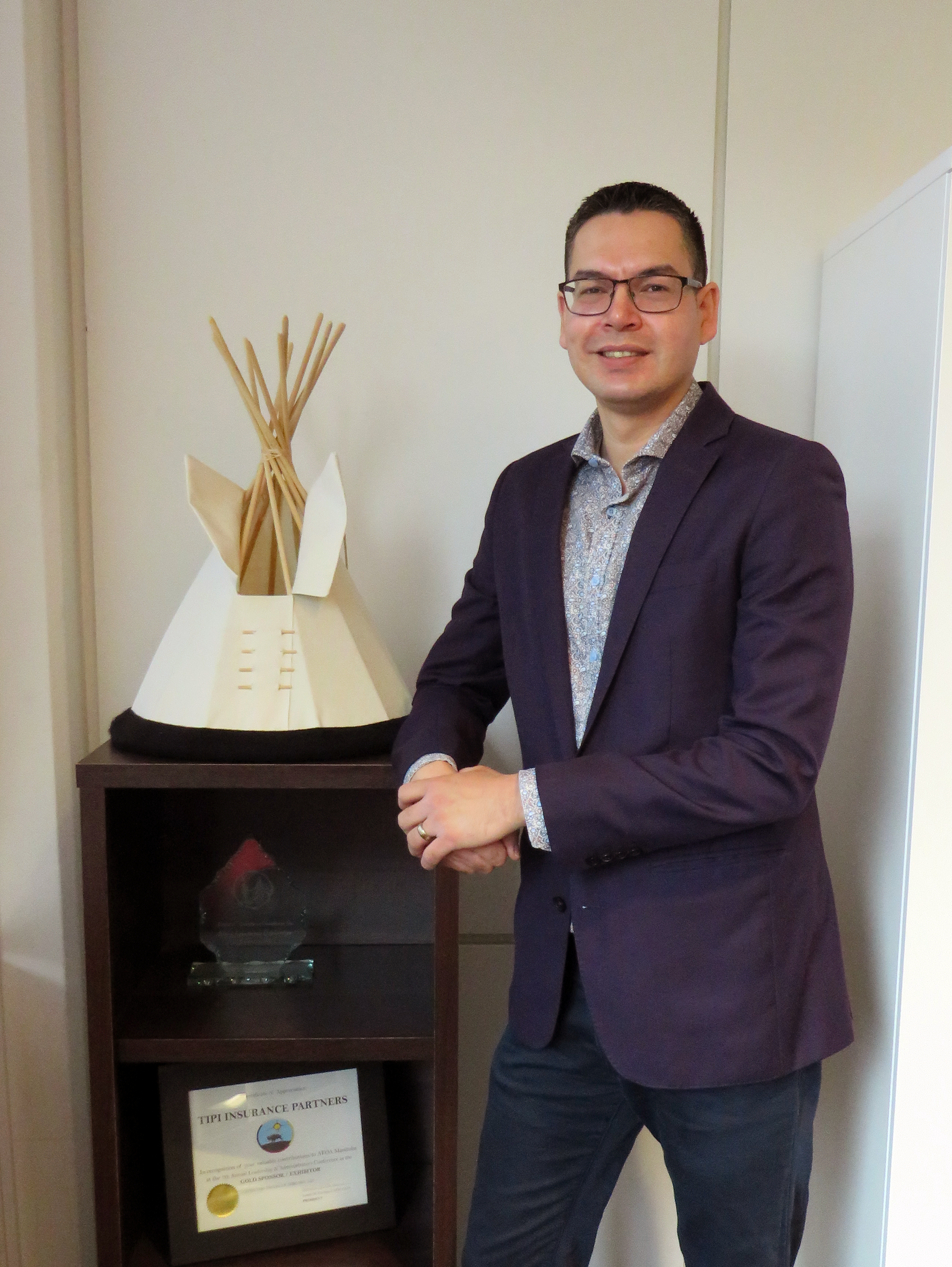By Geoff Kirbyson for Manitoba Inc. Magazine
Nathan Ballantyne would like to challenge Indigenous leaders across the country to reverse economic leakage from their communities. The CEO of the TIPI Group of Companies, a Winnipeg-based conglomerate with subsidiaries in insurance, human resource management and reconciliation training, says his challenge represents a more than billion-dollar opportunity.
Economic leakage occurs when money earned inside a community or jurisdiction flows to outside service providers. It’s impossible to calculate the extent of leakage from all First Nations across the country but Ballantyne says in the insurance industry alone, “millions and millions” of dollars in fees and commissions are paid out to non-Indigenous providers.
“Indigenous communities suffer the worst economic leakage in the country. We’re making a small dent in that to change the story, but we have a long way to go,” he says.
Ballantyne believes the average Canadian thinks First Nations receive billions of dollars in federal funding, but they can’t understand why their communities aren’t more prosperous. While there’s no denying the initial capital flows, he says money in First Nations doesn’t circulate in the same way as it does elsewhere in Canada.
In non-First Nations communities, money changing hands between consumers, businesses and service providers circulates three to five times before it goes elsewhere, he says.
“Typically, a dollar comes in (to First Nations) and 90 cents flows directly to outside businesses, including consultants and lawyers. It doesn’t circulate. There isn’t the same infrastructure. If the average Canadian community sees a dollar circulate two to three times, it’s a fraction of that in Indigenous communities,” he says. “The way to change that is have those dollars change hands more times within the community. That’s a guiding principle of why our company exists.”
Indeed, preventing economic leakage is one of TIPI’s primary focuses and permeates virtually everything the company does through its value chain.
“When we do business with suppliers, we look at who we’re using to buy our jackets and our swag. We want to use Indigenous companies and people. That’s the core of who we are,” he says.
On the company’s group insurance and group pension business, TIPI has moved further up its value chain. In the traditional model, a broker would ask large insurance providers for quotes. TIPI has taken steps to become its own middleman, collecting premiums and paying insurers.
“That gives us more power and control to be able to challenge the status quo,” he says.
One problem that Ballantyne sees in the Indigenous economy is the notion that each business should be community owned. That’s not how things work in the greater Canadian economy, where most successful businesses were started by entrepreneurs. He believes the Indigenous economy should be a mix of both.
Employees at community-owned enterprises don’t have the same incentives to provide exemplary services as their entrepreneurial brethren, he says.
“If the City of Winnipeg owned a gas station, would employees care if the pumps were full and could gas up their customers? It’s different when you’re an entrepreneur. You’d say, ‘I’m going to make damn sure there’s gas and we ensure every customer’s windows are clean. We haven’t got that right yet,” he says.
TIPI is constantly on the lookout to do things differently than they’ve been done traditionally and that’s contributing to less leakage.
“We’re insuring communities’ land claims with the federal government. If they’ve got an unsettled land claim, it’s expensive to hire researchers and lawyers to fight the government. We’ve built a new insurance model that will insure those costs and give the community access to a line of credit and access to capital. That’s all instead of paying a non-Indigenous law firm millions of dollars,” he says.
Perhaps the quickest way Indigenous businesses can start to reduce economic leakage is simply to be aware of their landlord. Ballantyne says TIPI does its best to ensure its subsidiaries hang up their shingle in urban reserves. For example, its head office is located in the Indigenous-owned Peguis Business Centre on Portage Avenue.
TIPI’s shareholders ensure that its millions of dollars in profits stay in its communities for as long as possible.
“The story is changing. Ten or 15 years ago, it was tough to find an Indigenous marketing firm or an Indigenous law firm. Today, there are a ton of bright, educated Indigenous people across the country who are waiting to be engaged to build their businesses and be successful,” he says.




